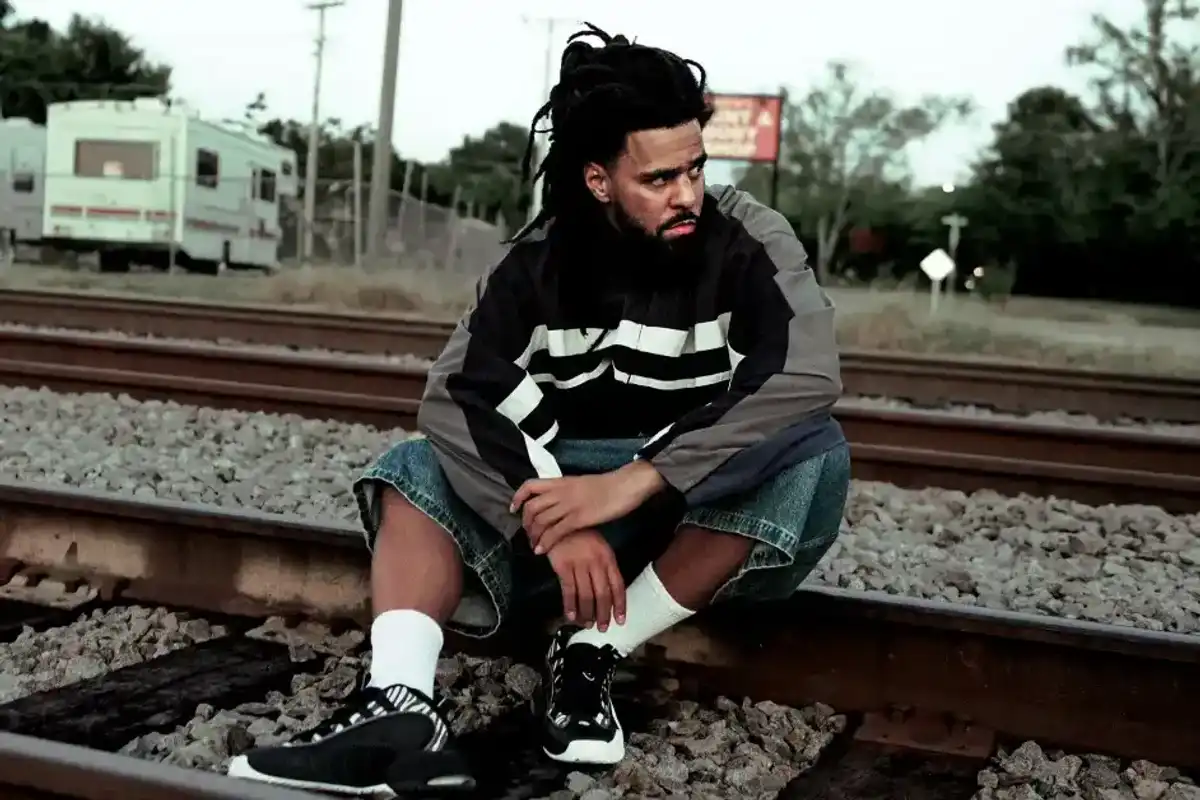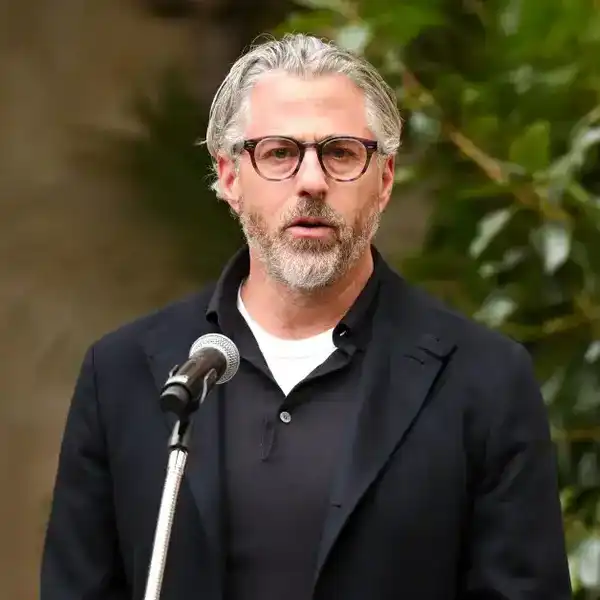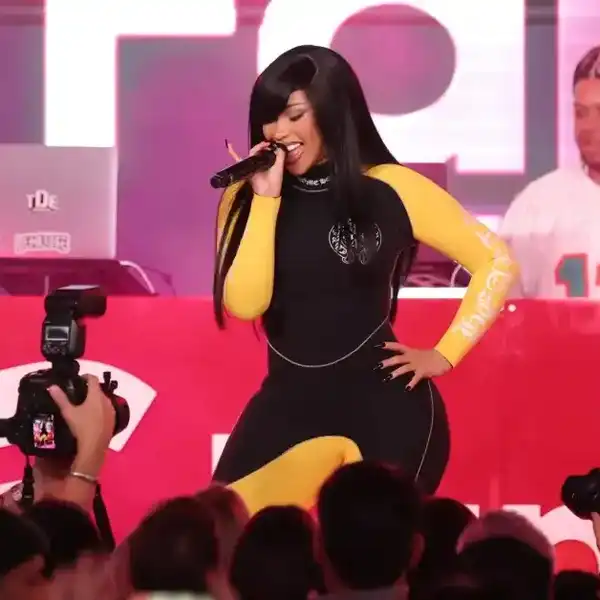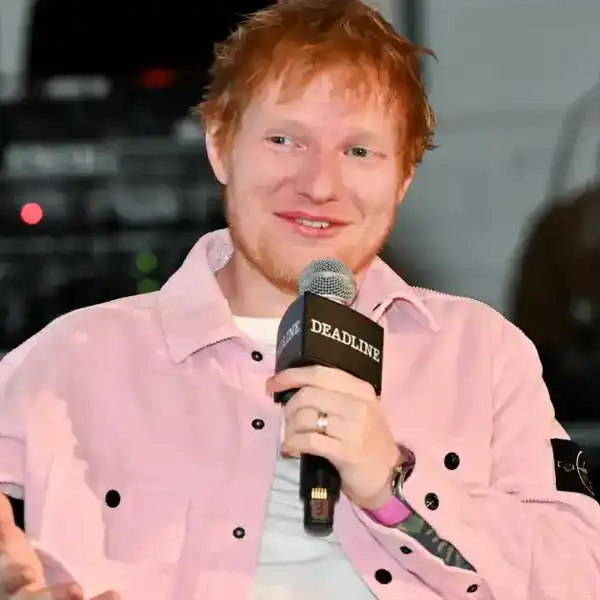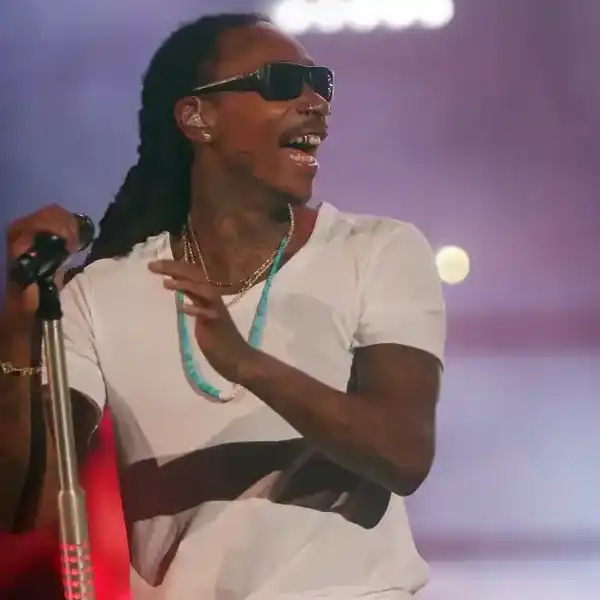Kathleen Edwards' Dualtone Resurrection
Eight years after she released her Voyageur album, Ottawa singer and songwriter Kathleen Edwards is back.
By Nick Krewen
Eight years after she released her Voyageur album, Ottawa singer and songwriter Kathleen Edwards is back.
She's got a new album, Total Freedom, that’s out tomorrow (Friday), new management and a new label in eOne's Dualtone - but she didn't attain any of those goals without walking away from the business for a few years.
With a divorce and a subsequent romance with Bon Iver in her rearview mirror, Edwards retreated from the GTA and returned home to Ottawa, opening a small cafe in the Capital city suburb of Stittsville, citing burnout and eventually being diagnosed with clinical depression.
"Even the joy of writing was gone," she admits.
After opening Quitters, Edwards kept her hand in music by performing the occasional concert, but it wasn't until country star Maren Morris invited the singer/songwriter down to Nashville to co-write a few songs for her upcoming Girl album that Edwards rediscovered her muse.
"I went down and the two people I work with - Maren Morris and Ian Fitchuk, a multi-instrumentalist who got Grammys for producing Kacey Musgraves' record (Golden Hour) - ended up being the two biggest invisible stars in Nashville. It was fun and enjoyable and I’d really not been surrounded by people who do that kind of work like my old life. So, I just came home from that and thought, I want to see if I can start up again."
After writing Birds On A Feeder and Glenfern, Edwards rekindled her muse. But she decided that the four albums she had released for Rounder - 2003's Failer, 2005's Back To Me, 2008's Asking For Flowers and 2012's Voyageur - released here via Maple Music - would be enough for that label.
How she arrived on Dualtone is a matter of synchronicity involving Chris Taylor, the L.A.-by-way-of-Toronto-based Global President, Music of eOne.
“I was on Rounder Records – I signed to them back in 2002," Edwards said during a recent interview. "I signed with them for five albums and I put out four – and Rounder was unrecognizable to me when I started thinking about making a new record. Truthfully, I was just ready for a new start and to have different management. I just wanted a clean break, and I wanted a fresh start."
Edwards said that Rounder was "very gracious" about allowing her leave, so she traveled to Nashville and put out feelers to let people know she was a free agent.
“Chris Taylor called me not an hour later," Edwards recalls. "Chris was my first lawyer who did all of the legal work for my first record deal - and here he is now, the President of eOne Music Entertainment, advising me, ‘I think you should meet the guys at Dualtone. I think you would love them.’"
Nashville-based Dualtone, which is devoted to Americana, rock and folk and is the label home to The Lumineers, Hayes Carll, and Shovels & Rope, among others, was bought by eOne in 2016.
The same day, Edwards had lunch with her future manager, Holly Lowman of Red Light Entertainment (Dave Matthews Band) and was surprised when Lowman also suggested a label.
"The first thing she said was, 'I think you should consider Dualtone. They’re a great label, and they’d love to have you,'" Edwards recalls. "It was hilariously serendipitous: two people that I knew and liked and trusted and both were like, “This would be the perfect label for you.” We went and talked to them, and they were keen to have me. I was thrilled to come on board.”
Edwards said she was thrilled to hear from Taylor because of earlier business that got her out of a jam.
“Chris is somebody whom I trusted from something that transpired a few years prior, and he really had my back," said Edwards. "He was such a professional guy. He really took care of me. There’s a guy who has been a great ally of mine – and he shows up at the right place at the right time saying, ‘Hey, I’ve got something for you.’ It’s friggin’ awesome.”
One compromise that Edwards will no longer make occurred to her when she played a summer festival in Philadelphia.
“We flew down, rented a mini-van and drove to the gig - and there was this row of tour buses, and I was fucking triggered," Edwards remembers. "I was like, 'I am never getting on one of those fucking things ever again.” I called my manager right away, and I said, ‘just so you know, I just realized something about me since we’re getting to know each other – I’m not a tour bus girl. And I’m never going to be a tour bus girl. It’s awful."
"And she said, 'No problem - got it – we’ll go from there.'"
Although Edwards initially left the business because she badly needed a break, the interview cycle for Total Freedom is reminding her of some of the negative aspects of the music business.
"It’s kind of happening again – I’ve talked to a lot of people who want to know about me," she explains. "I'm talking about me all the time, and the ego really starts to develop a false sense of security in this exercise of doing press.
"But I was so lucky when my career started. I’d gone on Late Night With David Letterman; I had a U.S. deal and all these wonderful opportunities over the years that are incredible. One of them would have been amazing for anyone – and I’ve had countless. But I was always chasing the carrot – and it was always being dangled in front of me. It made me realize that even though we try to stay humble and try not to seem like our egos are in charge of us, I'd doubt that there are very few musicians and recording artists who don’t dream about what it would be like to get their big break.
"It happens every time I put a record out: maybe I'll have my'1-2-3-4 song. maybe this is the record where I break out – and that’s my big break. I found myself in the last few weeks letting my mind wonder what that would be like again. I dated Bon Iver – if I didn’t fucking peek behind the curtain and watch the Wizard of Oz work, no one did, you know? It’s hard to see behind the curtain of an incredibly successful artist and not wonder what it would be like for you as well.
"It was one of those things that taunted me and tortured me and took away from things that were really worth celebrating- and I think my break really allowed me to be reminded that I could have stopped when I was 30 and that would have been enough for a lifetime of incredible memories and that I do good work. I may never win a Juno or a Grammy or play on SNL or sell out the theatres I once dreamed I would, and that’s okay. What this break has really given me is that my ego is in a healthy place."

